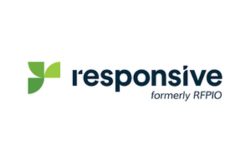Speaking at CES, Edith Ramirez said a future full of smart gadgets that watch what we do posed a threat to privacy.
The collated data could create a false impression if given to employers, universities or companies, she said.
Ms Ramirez urged tech firms to make sure gadgets gathered the minimum data needed to fulfil their function.
Losing respect
The internet of things (IoT), which will populate homes, cars and bodies with devices that use sophisticated sensors to monitor people, could easily build up a "deeply personal and startlingly complete picture" of a person's lifestyle, said Ms Ramirez.
The data picture would include details about an individuals credit history, health, religious preferences, family, friends and a host of other indicators, she said.
The granularity of the data that could be gathered by existing devices was without precedent, she said, and likely to get more detailed as time went on.
An individual's preference for reality TV or the History Channel could be tracked by tablets or smart TV sets and then shared with other organisations in a way that could prove damaging, she said.
"Will this information be used to paint a picture of you that you won't see but that others will?" she asked, wondering if it would influence the types of services people were offered, ads they were shown or what assumptions firms made about their lifestyle.
The FTC boss acknowledged that the IoT had the potential to improve health and boost economic growth, but said this should not come at the expense of individual privacy.
"I question the notion that we must put sensitive consumer data at risk on the off-chance a company might someday discover a valuable use for the information," she said.
Data should only be gathered for a specific purpose, said Ms Ramirez, adding that any firm that did not respect privacy would lose the trust of potential customers.
Source: BBC News









